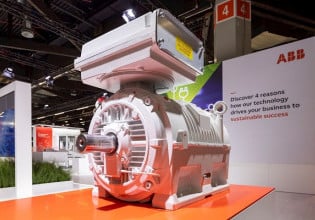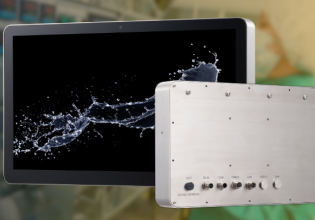R
I have a question to experts & professionals of control.com:
In process industry a pump running 'dry' is often a big issue (or is it in just my place of work!!). generates a lot of hue and cry. mostly there is a logic that will trip the pump if the tank/sump level goes low. My question is what will really happen if the pump will run dry in case the low level switch doesnt work. To my belief the motor should be 'happy' since there's no load now. but I know I am missing something. request to please explain me why shouldnt the pump-motor be allowed to run dry.
thank you all
Ritika
In process industry a pump running 'dry' is often a big issue (or is it in just my place of work!!). generates a lot of hue and cry. mostly there is a logic that will trip the pump if the tank/sump level goes low. My question is what will really happen if the pump will run dry in case the low level switch doesnt work. To my belief the motor should be 'happy' since there's no load now. but I know I am missing something. request to please explain me why shouldnt the pump-motor be allowed to run dry.
thank you all
Ritika






